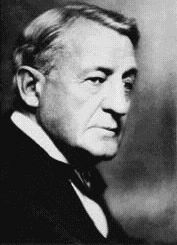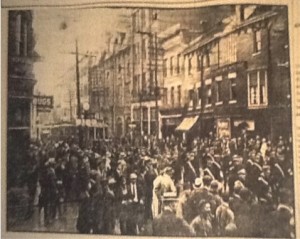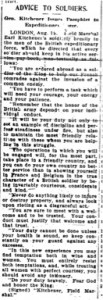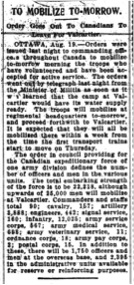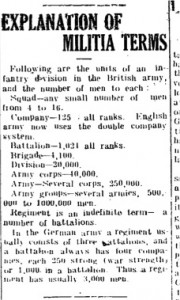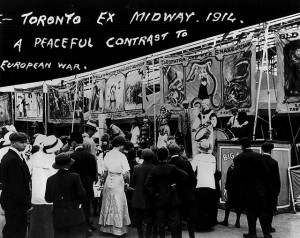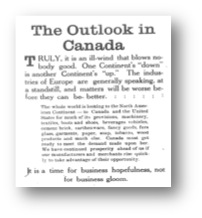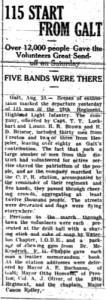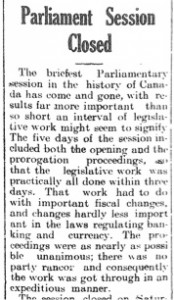On 14 August, the Hamilton Speculator published an article that defended the honour of Sir Adam Beck, which was reprinted in the Berlin Daily Telegraph. The article explained that although Beck was of German parentage he was thoroughly Canadian and a “thorough Briton.” The article stated that Beck was an example of the German population in the heart of Western Ontario, who all love the “land of their adoption” more than the land where their forefathers came from.
Not unexpectantly, the issue of how to regard German-Canadians was a question that was posed by regular citizens and even prominent politicians and businessmen. Beck was the Minister without Portfolio in Parliament from 1905 to 1914 and was a member of the Remount Committee of the Military Council of Canada, with the rank of Colonel. King George V knighted Beck in 1914 for his promotion of hydro-electricity in Ontario and Canada. Beck later built and expanded the Hydro-Electric Power Commission of Ontario, making him an important figure in Ontario and Canadian history. Despite his service to Ontario and Canada, there were still some who questioned his loyalty when war was declared against Germany. Clearly all German-Canadians would experience some type of scrutiny during the war.
(“Germans in Canada,” Berlin Daily Telegraph, 14 August 1914, “Sir Adam Beck Ready,” Berlin Daily Telegraph, 14 August 1914; http://www.thecanadianencyclopedia.ca/en/article/sir-adam-beck/)
